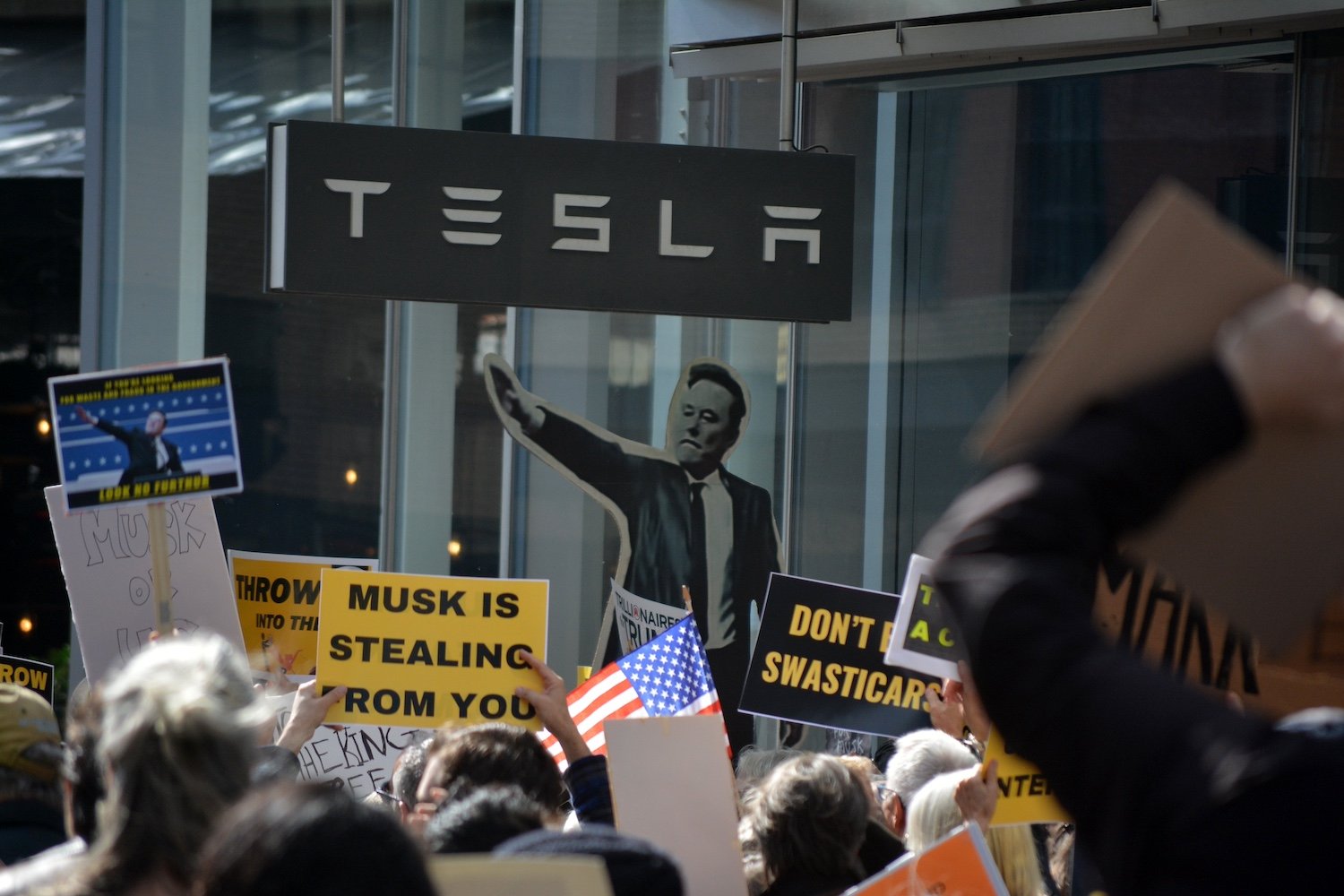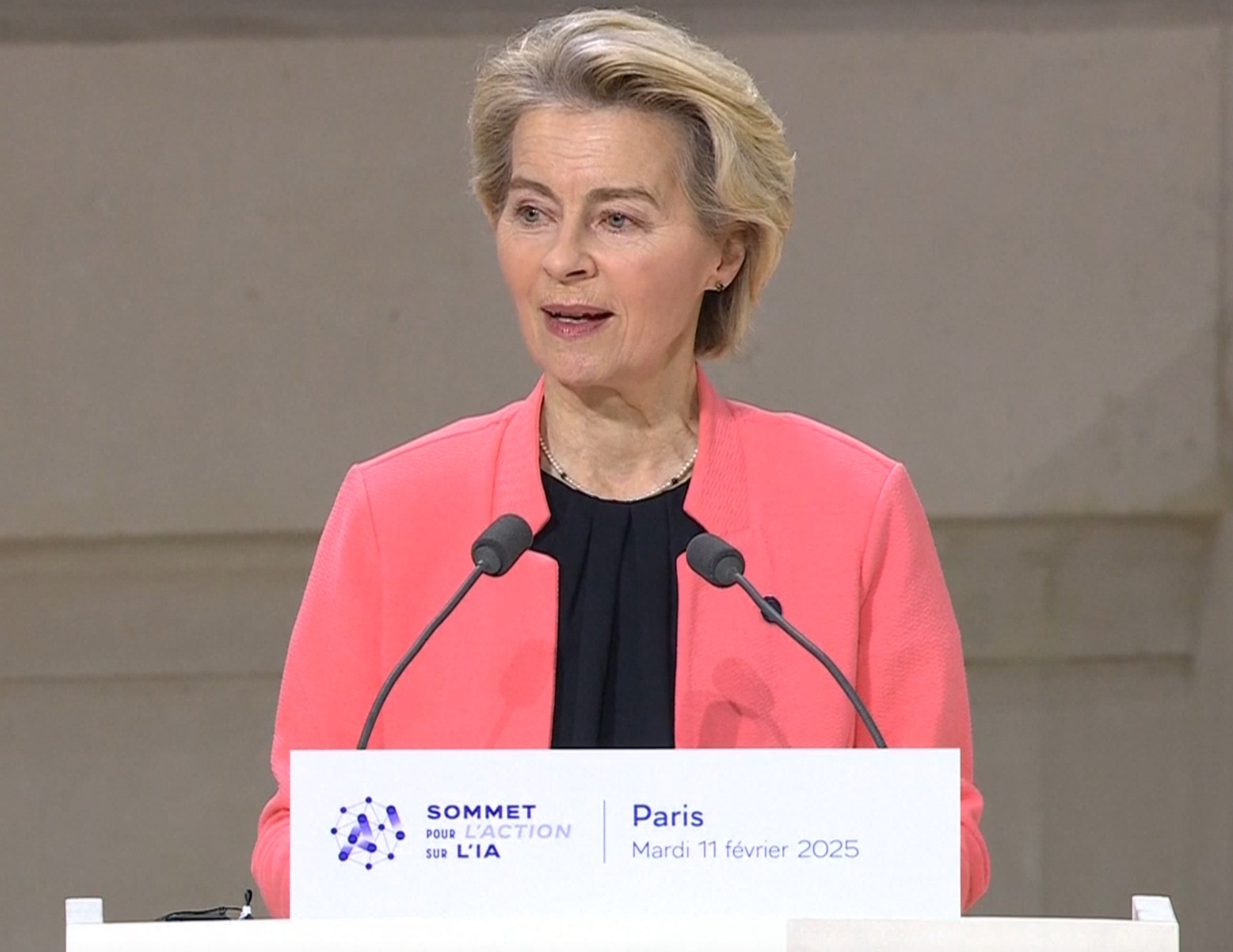The Impact of Trump’s Tariffs on the Auto Industry
President Trump’s sweeping tariff changes have created significant economic uncertainty and confusion. The increased import duties will affect various products across industries, but some sectors will be more severely impacted than others. The automotive industry, in particular, is likely to struggle due to the crackdown on imported cars and parts. However, Tesla, the electric car company led by Elon Musk, may be an exception.
Uncertainty Surrounding the Tariff Scheme
The exact impact of the tariff scheme on American auto companies remains unclear, especially as the administration continues to revisit and revise its policies. Nevertheless, if the current policies remain in place, Tesla may be able to avoid the high costs that other automakers will have to bear. On March 26, 2025, Trump enacted a 25% tariff on automobiles and their parts, in addition to a 10% baseline duty on all imports that took effect in early April. This tax is still in effect, despite larger reciprocal tariffs on many nations being put on hold amid a 90-day pause.
Exceptions and Exemptions
Notably, the car duty does not apply to importers under the U.S.-Mexico-Canada Agreement, at least partially. However, the tax still applies to any "non-U.S. content," which means some Canadian and Mexican vehicles or components may still face higher costs. Cars made in the U.S. have some relief, as Trump’s new tariff scheme will reimburse automakers for U.S.-made vehicles up to 3.75% of the car’s value to offset the impact of material and parts duties. This reimbursement will decrease over time and will be eliminated entirely in three years. Furthermore, any U.S.-made car with 85% domestic content will be able to avoid parts tariffs entirely, a standard that Tesla meets.
Impact on American Automakers
American automakers have begun to express concern over Trump’s tariffs, with Ford CEO Jim Farley stating that a 25% tariff across the Mexico and Canadian border would severely impact the U.S. industry. Other CEOs, such as GM’s Mary Barra, seem less concerned, but still acknowledge that the tariffs will result in significant costs. However, Tesla could avoid more than half of the impact of these tariffs due to its domestic manufacturing, which would likely experience fewer price disruptions than its competition.
Tesla’s Advantage
Tesla can avoid the high costs of the tariffs because most of its manufacturing is domestic. Elon Musk has highlighted this aspect, stating that Tesla is the most vertically integrated auto manufacturer in America with the highest percentage of U.S. content. As a result, Tesla manufactures all of its cars sold in North American markets at factories within the U.S., whereas most other domestic automakers get at least some inventory from international facilities. Consequently, even though Tesla may still feel the impact of tariffs on materials, it would suffer less than most, if not all, of its competition.
Long-Term Benefits for Tesla
The exemption for using 85% domestic content primarily favors Tesla, as few other automakers meet that standard. Already having an established U.S. presence will help Tesla in the long run, as other automakers may try to avoid tariffs by reshoring their operations, but this is expensive and time-consuming. As Auto Forecast Solutions vice president of global vehicle forecasting Sam Fiorani explained, it "takes billions of dollars of investment with specialized factories and workers" to set up a modern car assembly line, a process that takes years to become profitable.
Challenges Facing Tesla
Despite the potential benefits of the tariffs, Tesla still faces significant challenges. Consumers in the U.S. and abroad have not taken kindly to Musk’s association with Trump, resulting in a backlash that has hurt the company. Tesla’s profits dropped by 71% in Q1 2025 from a sales decline driven largely by its CEO’s rapidly falling reputation. The effects of Trump’s tariffs on trade issues in other nations are also worth considering, as Tesla has already stopped selling the Model X and S in China after the country imposed a 125% tariff on U.S. imports.
Conclusion
The impact of Trump’s tariffs on the auto industry remains uncertain, but if the current import tax regime remains in place, Tesla has a clear edge over other automakers. It will take time to see how that impacts sales and vehicle prices. However, one thing is certain: the tariffs will have far-reaching consequences for the industry, and Tesla’s domestic manufacturing and high percentage of U.S. content will likely give it a significant advantage over its competitors.
Source Link




